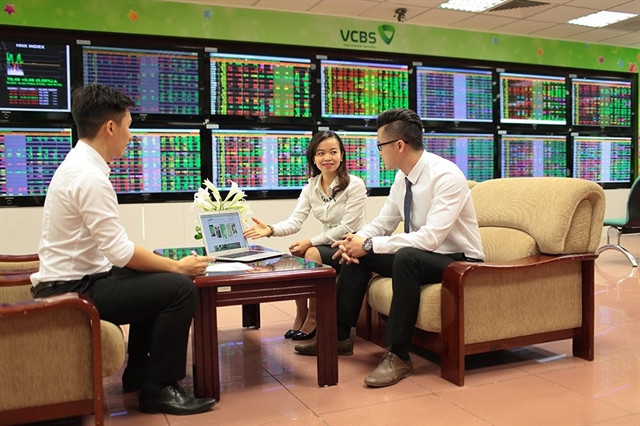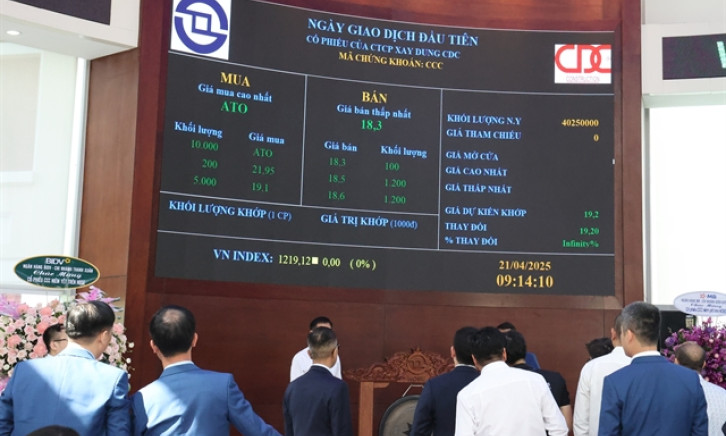Factors influencing the Vietnamese stock market in November
The Vietnamese stock market is contending with a range of domestic and global factors, with recent reports of weak business performance hindering substantial progress for the VN-Index.
The Vietnamese stock market is facing various domestic and international influences, with recent reports of lacklustre business performance keeping the VN-Index from making substantial gains.
In the week of 4-8 November, the market saw a correction and partial recovery, as weakened support from key stocks caused the VN-Index to drop early in the week. However, bottom-fishing demand helped the market stabilise around the 1,242-point level.
By the end of the last trading session of the week, the VN-Index fell by 2.33 points, or 0.19 per cent, closing at 1,252.56 points. Meanwhile, the HNX-Index ended at 226.88 points, up 1.47 points, or 0.65 per cent, compared to the previous week.
Foreign investors continued to sell heavily, with net sales reaching VNĐ3.631 trillion across the market. Specifically, they sold VNĐ3.46 trillion on the HoSE and VNĐ150 billion on the HNX.
According to BETA Securities, the current cautious sentiment and selling pressure require careful decision-making in trading activities. The VN-Index may trade within a narrow range as it awaits clearer signals of sustainable growth. Although liquidity has shown slight improvement, it has not yet confirmed any strong cash flows returning to the market.
Looking ahead, Đinh Quang Hinh, Head of Macroeconomics & Market Strategy at VNDirect Securities, anticipates a week of cautious trading, given the significance of events like the U.S. presidential election and the November Federal Reserve policy meeting.
The initial excitement in the domestic market after former President Trump's election win quickly turned to scepticism about the potential impacts of upcoming economic policies on U.S.-Việt Nam trade and investment relations.
Additionally, the Fed's recent decision to cut interest rates by 25 basis points had already been factored in, offering little to lift investor sentiment, which remains uncertain.
“I expect the market to remain choppy due to the lack of strong supportive news. Investors are watching for signals of currency stabilisation and further guidance from the State Bank of Việt Nam. The VN-Index is likely to test the 1,240-1,250-point support zone, which is a critical level. I anticipate that the VN-Index will be able to hold within this range,” said Hinh.
“Investors might use the pullback as an opportunity to restructure their portfolios, focusing on sectors with strong business prospects, such as technology, banking and industrial real estate,” he advised.
The VN-Index has been fluctuating within a narrow range for the past eight to nine months, with extended consolidation yet to indicate a breakout. In the short term, the market remains highly selective at the highest price range of 2023, presenting reasonable conditions for swing trades and accumulation.
Investors are advised to maintain level portfolios, with selective allocations toward fundamentally strong stocks that posted positive growth in Q3 and are expected to continue growing through the end of the year.
“Investors should maintain a balanced portfolio. For those with lower-than-average exposure, it is worth considering selective investments in stocks with solid fundamentals and positive Q3 results, which are expected to sustain growth into year-end. However, avoid chasing stocks as the VN-Index approaches the 1,270-point mark,” advised SHS experts.






